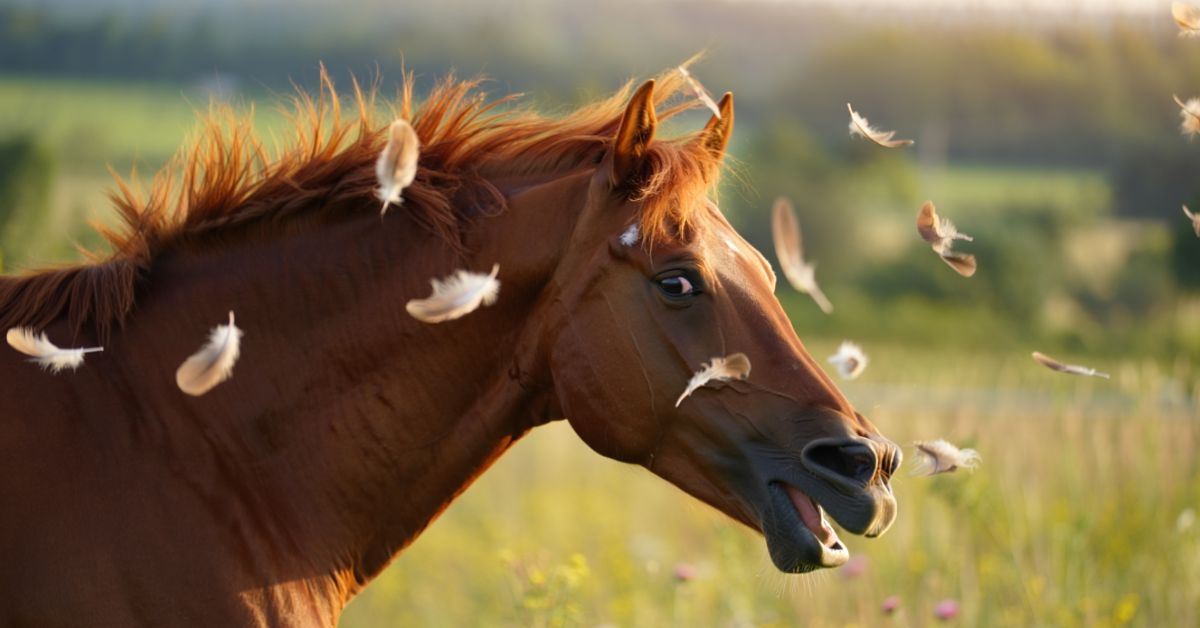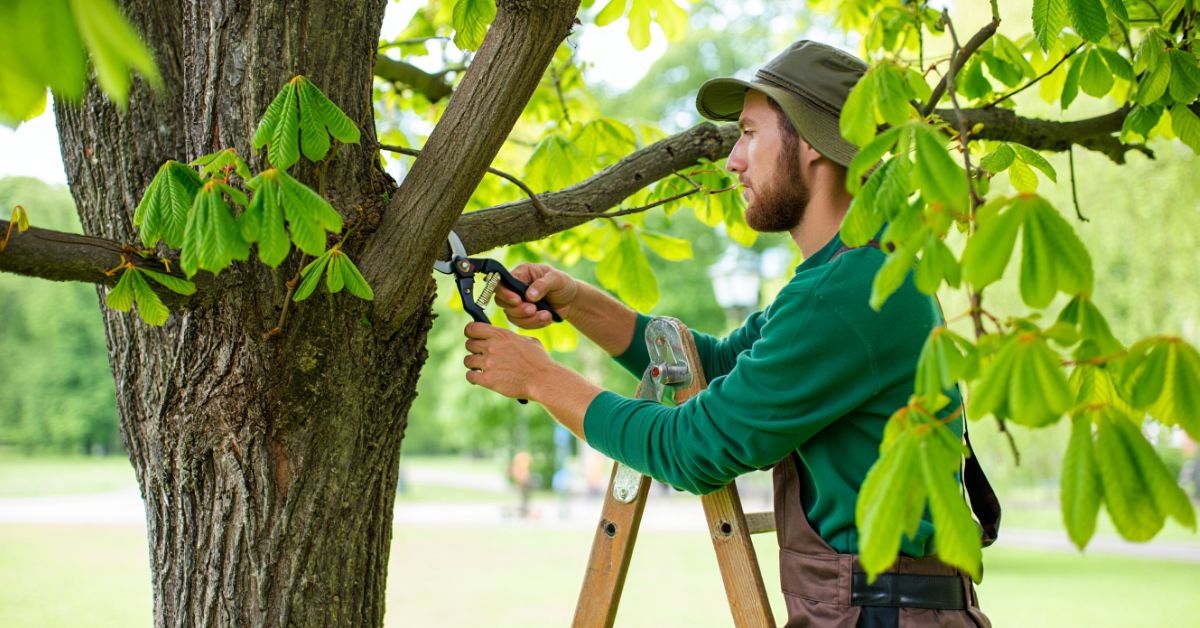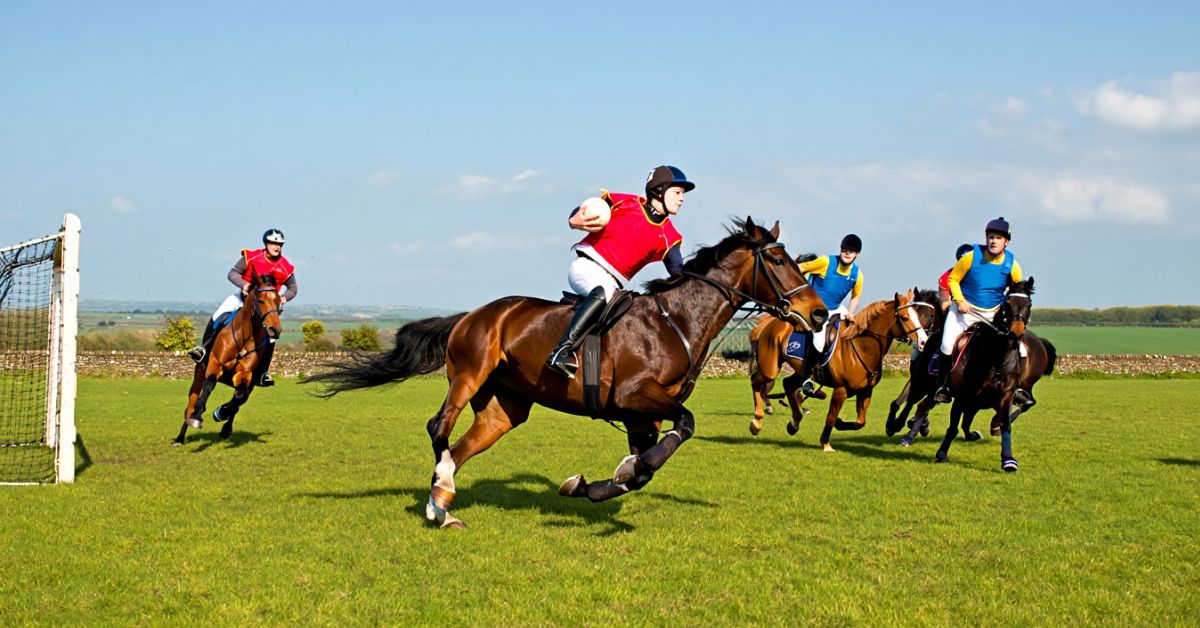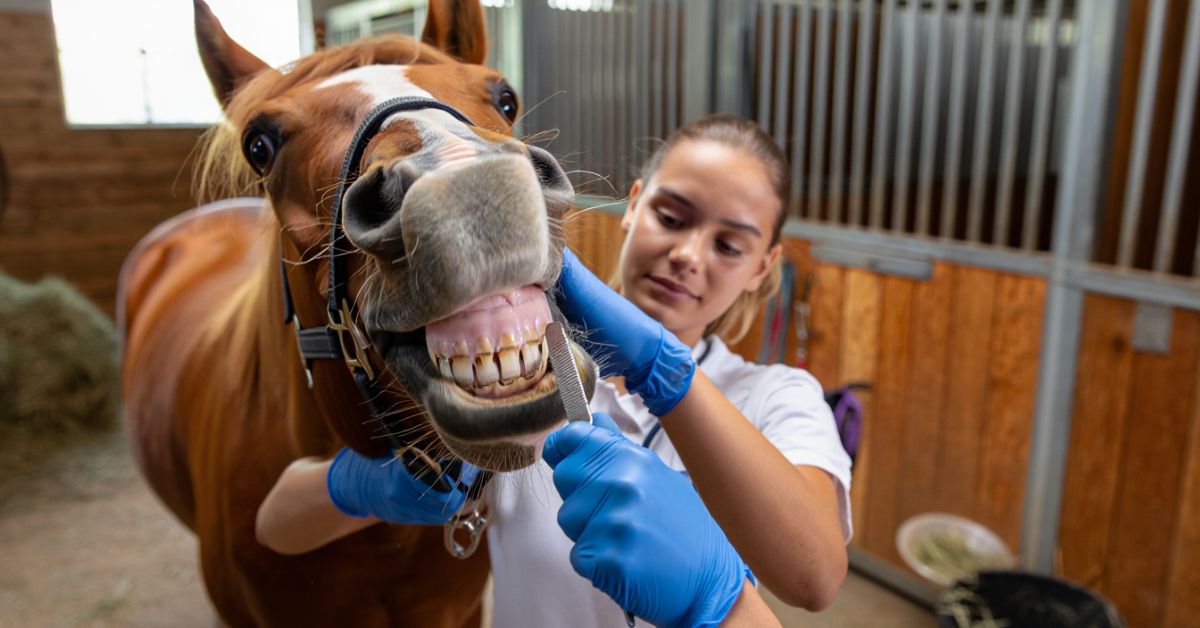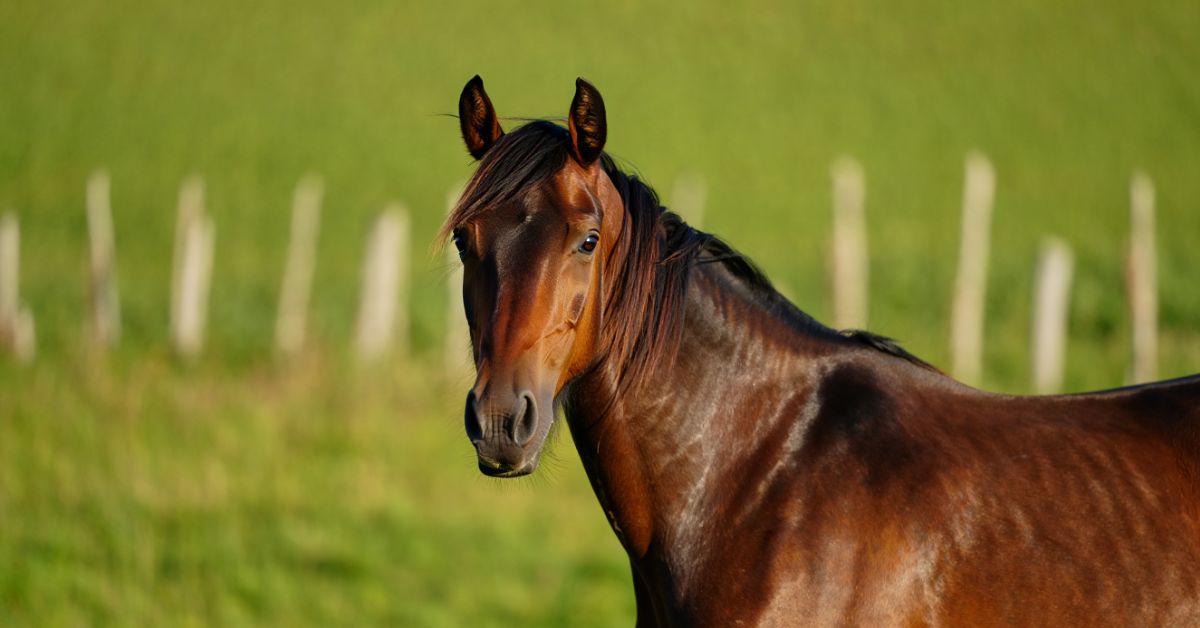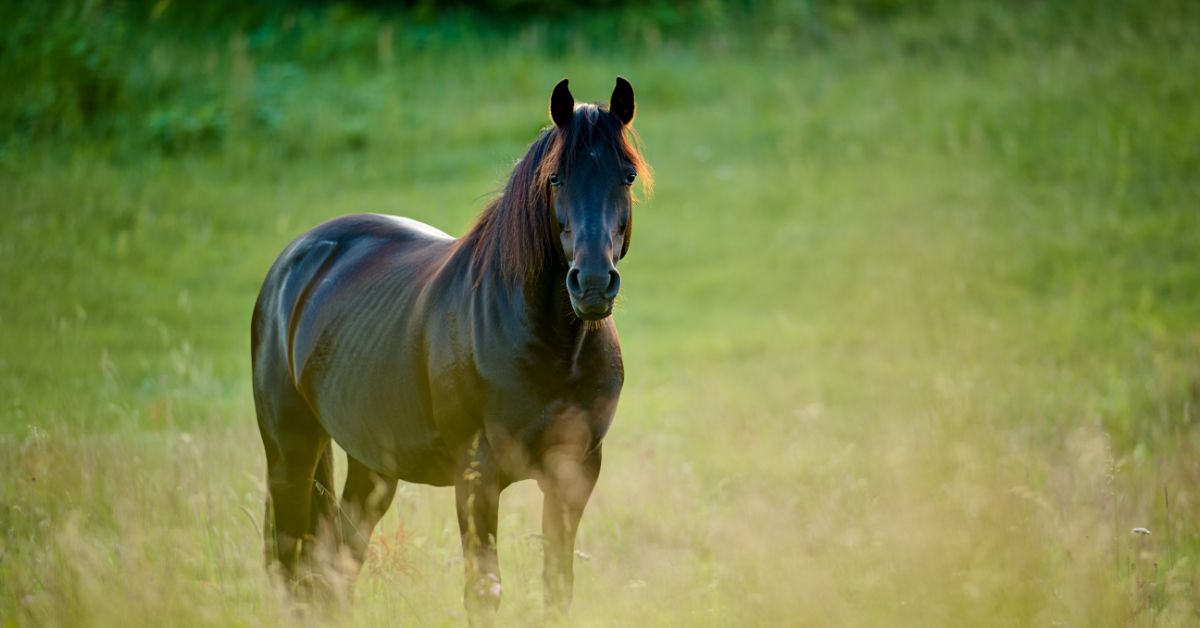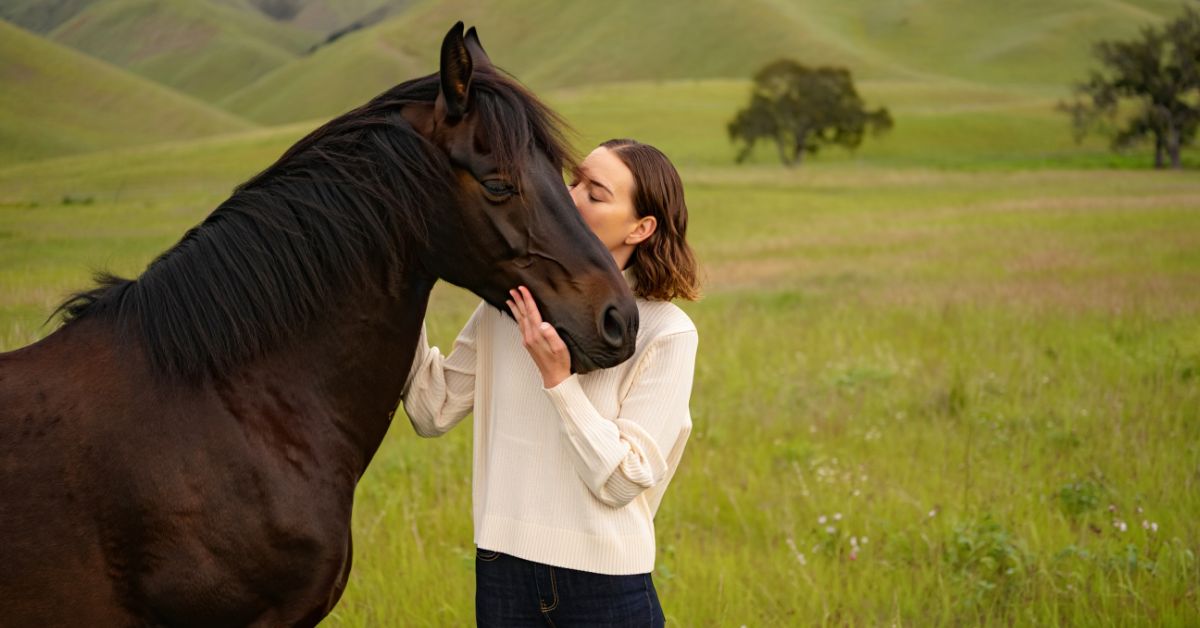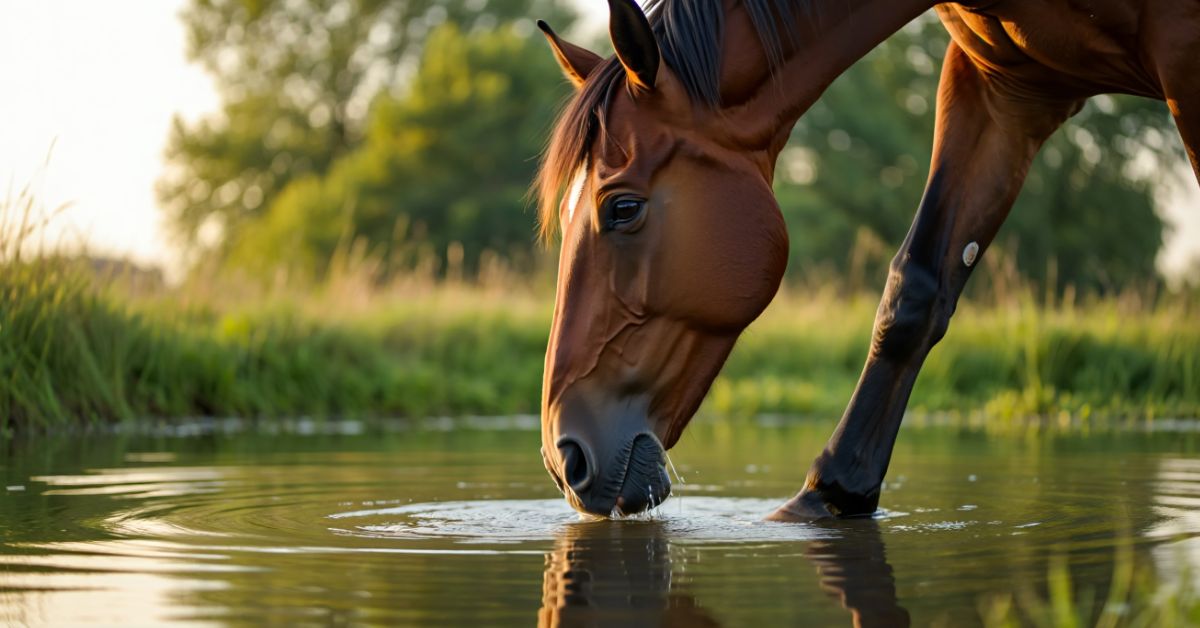
How Do Horses Drink Water: The Complete Guide for Horse Enthusiasts
How do horses drink water? It's a fundamental question that every horse enthusiast should understand deeply. Unlike humans who can sip and swallow simultaneously, horses drink through a unique physiological process that involves creating suction with their tongue and throat muscles. This fascinating horse drinking behavior is essential for maintaining proper horse hydration and overall health.
Horse water consumption varies dramatically based on factors like weather, activity level, and diet. A typical adult horse requires 5-10 gallons of fresh water for horses daily, but this can increase to 15-20 gallons during hot weather or intense exercise. Understanding how horses drink helps you recognize signs of dehydration in horses and ensure your equine companion stays properly hydrated.
The act of drinking for a horse involves lowering their head, extending their neck, and using their tongue as a pump mechanism. This process, combined with proper water intake for horses, is crucial for digestion, temperature regulation, and overall well-being. As horse lovers, we must provide optimal water sources for horses and understand their natural equine drinking habits.
Chapter 1: The Science Behind How Horses Drink Water 🔬
Understanding horse thirst begins with recognizing that equines have evolved sophisticated mechanisms for water consumption. When a horse approaches a water trough for horses, they don't simply gulp water like dogs. Instead, how horses drink involves a complex suction process that's both efficient and fascinating to observe.
The Drinking Mechanism Explained
Horse drinking posture is distinctly different from other animals. Horses must lower their heads below heart level to drink effectively, which creates the necessary angle for their unique swallowing mechanism. This horse drinking behavior involves:
The tongue acts as a plunger, creating negative pressure in the mouth. When horses release this pressure, water rushes in. This process repeats rapidly, allowing for efficient water intake for horses. The average horse can consume 1-2 gallons in just a few minutes when properly hydrated.
Horse drinking noise is often audible during this process - the rhythmic sucking sounds indicate healthy drinking patterns. Many horse owners find comfort in these familiar sounds, knowing their horses are maintaining proper horse hydration.
Temperature Preferences and Seasonal Variations
Horse water temperature preferences vary seasonally. During summer horse hydration periods, horses prefer cooler water (50-65°F), while winter horse hydration often requires slightly warmer water to encourage adequate consumption. Research from the University of Kentucky shows that horses consume 40% less water when temperatures drop below 45°F.
Express your style as a dedicated equestrian by investing in quality water heating systems during colder months. Our gift for horse lovers collection includes innovative heating solutions that maintain optimal water temperature year-round.
Chapter 2: Daily Water Requirements and Consumption Patterns 📊
How much water does a horse need? This question depends on multiple variables that every horse enthusiast should understand. Factors affecting horse water intake include body weight, activity level, ambient temperature, and diet composition.
Standard Water Requirements
-
Maintenance needs: 5-10 gallons daily for average adult horses
-
Lactating mares: 10-18 gallons daily
-
Working horses: 12-20 gallons during active periods
-
Foals: Gradually increasing from 1-2 gallons at weaning
-
Pregnant mares: 10-15 gallons, increasing in final trimester
Activity-Based Consumption Patterns
Drinking after exercise requires special attention. Horses lose significant water through sweating and respiration during work. A horse can lose 2-4 gallons per hour during moderate exercise, making immediate rehydration crucial.
Water intake for pregnant mares increases substantially, especially during the final months. These mares require additional hydration for fetal development and preparation for lactation. Water for foals begins with mother's milk but transitions to independent drinking within weeks of birth.
The relationship between electrolytes for horses and water consumption is significant. During intense exercise or hot weather, horses need electrolyte replacement to maintain proper fluid balance and encourage continued drinking.
Chapter 3: Water Sources and Quality Considerations 🌊
Water source for horses selection directly impacts their health and drinking willingness. Clean water for equines isn't just preferable—it's essential for preventing disease and maintaining optimal horse hydration.
Natural vs. Artificial Water Sources
Pond vs. trough drinking presents interesting behavioral differences. Many horses prefer natural water sources, but these require careful management to ensure safety and quality. Stagnant ponds can harbor parasites and bacteria, while flowing streams generally provide cleaner options.
Automatic horse waterers offer convenience and consistent fresh water for horses. These systems maintain constant water levels and can include heating elements for winter use. However, some horses initially resist automatic systems, preferring familiar drinking from a bucket arrangements.
Water Quality Standards
Water quality for horses should meet or exceed human consumption standards. Key factors include:
Testing should occur annually, or more frequently if using well water or natural sources. Poor water quality can cause horse drinking problems and serious health issues.
The famous equestrian trainer Buck Brannaman once said, "A horse will tell you everything you need to know about water quality—they won't drink what isn't good for them." This wisdom emphasizes the importance of observing equine drinking habits and respecting horses' natural selectivity.
In 2023, research published by the American Association of Equine Practitioners confirmed that horses consuming high-quality water showed improved performance and reduced veterinary costs by an average of 15%.
Chapter 4: Recognizing Dehydration and Encouraging Proper Hydration ⚠️
Signs of dehydration in horses can be subtle initially but become life-threatening if ignored. Every horse owner must recognize these warning signals and understand horse thirst signals to maintain their animal's health.
Early Warning Signs
Signs a horse is drinking inadequately include decreased skin elasticity, dry mucous membranes, and reduced urine production. The dehydration test for horses involves pinching skin on the neck—healthy horses show immediate skin return, while dehydrated horses exhibit delayed response.
Horse slobbering water might indicate dental problems or difficulty swallowing, both requiring veterinary attention. Excessive drooling during drinking often signals underlying health issues affecting normal horse drinking behavior.
Environmental Factors Affecting Hydration
Water deprivation in horses can occur unintentionally through frozen water sources, dirty troughs, or inadequate supply systems. During winter months, winter horse hydration becomes challenging when water sources freeze overnight.
Summer horse hydration requires increased vigilance as horses lose significant fluids through sweating. Providing shade near water sources encourages regular drinking and helps maintain proper equine water consumption.
Encouraging Adequate Water Intake
Encouraging horse to drink sometimes requires creative solutions:
Adding electrolyte supplements during hot weather or after exercise can stimulate thirst and improve water intake for horses. However, always consult veterinarians before adding supplements to ensure proper dosing and necessity.
Chapter 5: Advanced Hydration Strategies and Modern Solutions 🚰
Modern horse water needs extend beyond basic provision—today's equestrian enthusiasts employ sophisticated strategies ensuring optimal horse hydration year-round. Understanding advanced techniques helps maintain peak equine health and performance.
Technological Solutions
Contemporary automatic horse waterers incorporate sensors, heating elements, and filtration systems. These innovations address traditional challenges while maintaining horses' natural drinking habits. Smart systems monitor daily water consumption and alert owners to potential problems.
Installation costs for quality automatic systems range from $200-800, but long-term benefits include reduced labor, consistent water availability, and detailed consumption tracking. Many systems pay for themselves within 18 months through improved efficiency and reduced veterinary costs.
Seasonal Optimization Strategies
Winter horse hydration strategies have evolved significantly. Modern heating systems maintain optimal water temperature without creating safety hazards. Tank heaters prevent freezing while thermostatic controls ensure energy efficiency.
Summer horse hydration benefits from shade structures over water sources, multiple location options, and increased electrolyte supplementation during peak heat periods. Providing 10-15 gallons above normal requirements during hot weather prevents dehydration-related complications.
Performance and Competition Considerations
Competition horses require specialized hydration protocols. Drinking after exercise follows specific timing patterns—immediate small amounts followed by gradual increase as horses cool down. This approach prevents colic while ensuring adequate rehydration.
Electrolytes for horses become crucial during competition seasons. Proper supplementation maintains fluid balance and encourages continued drinking when horses might otherwise refuse water due to stress or excitement.
The legendary Olympic equestrian William Steinkraus observed, "Proper hydration is the foundation of equine athletics—everything else builds upon this fundamental requirement." His wisdom remains relevant for modern competitors and casual riders alike.
Frequently Asked Questions About How Horses Drink Water 🤔
How much water should a horse drink per day?
Horse water requirements typically range from 5-10 gallons daily for maintenance, increasing to 15-20 gallons during hot weather or intensive exercise. Factors affecting horse water intake include body weight, activity level, temperature, and diet composition.
What are the signs that a horse is dehydrated?
Signs of dehydration in horses include decreased skin elasticity, dry gums, reduced urine output, and lethargy. The pinch test on neck skin provides quick assessment—healthy horses show immediate skin return while dehydrated horses exhibit delayed response.
Can horses drink from any water source?
Water source for horses selection requires careful consideration. While horses can drink from various sources, clean water for equines prevents disease and maintains health. Avoid stagnant ponds or contaminated sources that might harbor parasites or bacteria.
Why does my horse make noise while drinking?
Horse drinking noise is completely normal and indicates healthy drinking patterns. The rhythmic sucking sounds result from their unique tongue-pumping mechanism used to draw water into their mouths.
How do I encourage my horse to drink more water?
Encouraging horse to drink involves providing multiple clean water sources, maintaining optimal water temperature, and adding electrolytes when appropriate. Some horses prefer drinking from a bucket over automatic systems, so offering various options helps identify preferences.
Is it normal for horses to slobber while drinking?
Light horse slobbering water can be normal, especially in hot weather. However, excessive drooling might indicate dental problems or difficulty swallowing, requiring veterinary evaluation to ensure proper horse drinking behavior.
Understanding how horses drink water deepens your connection with these magnificent animals while ensuring their optimal health and happiness. Through proper hydration management, we honor our horses' natural needs while providing modern conveniences that benefit both horse and owner.

